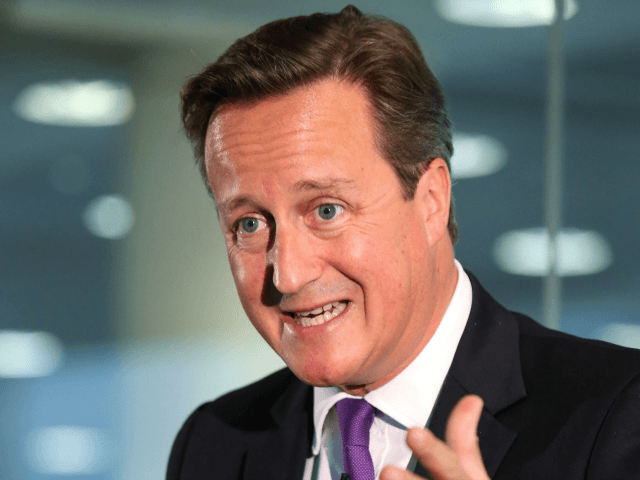On the referendum campaign trail Prime Minister David Cameron has visited East Anglia to call on voters to remain in the European Union (EU), on the same day a study showed it is the most Eurosceptic region of Britain.
Containing the top five districts with the highest percentage of Leave supporters, East Anglia is the most Eurosceptic region in Britain. Conversely, London is responsible for every one of Britain’s top 20 pro-EU districts.
Coastal areas overwhelmingly dominate the top 30 pro-Brexit zones, spreading from North Norfolk, through Dover and the Isle of Wight, down to Cornwall. Westminster (coming in at number one on the Europhile list), Kensington and Chelsea, and the City of London represent the top three districts likely to support the Remain campaign.
Areas tending towards a Leave vote appear to correlate with higher migration figures. According to the Migration Observatory there was an increase of 4 million foreign-born people living in the UK between 1995 and 2014. In the east of England that was an increase of 122 per cent over the period, but for the least Eurosceptic British region, inner London, there was a smaller proportional increase of 68 per cent.
The data is revealed by a Sky Data survey which aggregated results from surveys conducted between May 2015 and February 2016. The analysis showed which demographic groups are most likely to vote to Leave the EU and the areas in which they are most prevalent.
East Anglia and the coastal areas of south-eastern England boast the largest Eurosceptic concentrationss, with the most Europhile areas being dominated by London and Scotland. Within East Anglia sits the single most Eurosceptic local authority of Tendring, part of the Westminster parliamentary seat of Clacton held by UKIP’s only Member of Parliament, Douglas Carswell.
During his visit to Felixstowe marking 100 days until the June 23 EU referendum, Prime Minister Cameron admitted to having seen the poll, but argued that East Anglia benefited greatly from the UK’s membership of the politico-economic bloc. Appealing to the 39,000 people from the region who work in agriculture and also those in jobs linked to trade.
In Fenland — the second most Eurosceptic district of Britain — agriculture is the biggest industry but the area’s British-born residents complain about who gains such employment. Gareth Sweet, an unemployed 20-year-old from Wisbech where the council estimates 35 per cent of its population are immigrants, told Sky News:
“All the jobs go to Eastern Europeans. I turned up at one factory and everyone said ‘What are you doing working? You are British.'”
A local farmer said: “British workers aren’t prepared to do the backbreaking work like pulling turnips out of the ground. Personally, I don’t like the EU, but without the EU subsidy it wouldn’t be worth me planting any crops, I’d make a loss.”
As Breitbart London previously reported, a post-Brexit British government could easily cover that farming subsidy and still be saving money on its current contributions to the EU’s Common Agricultural Policy.

COMMENTS
Please let us know if you're having issues with commenting.